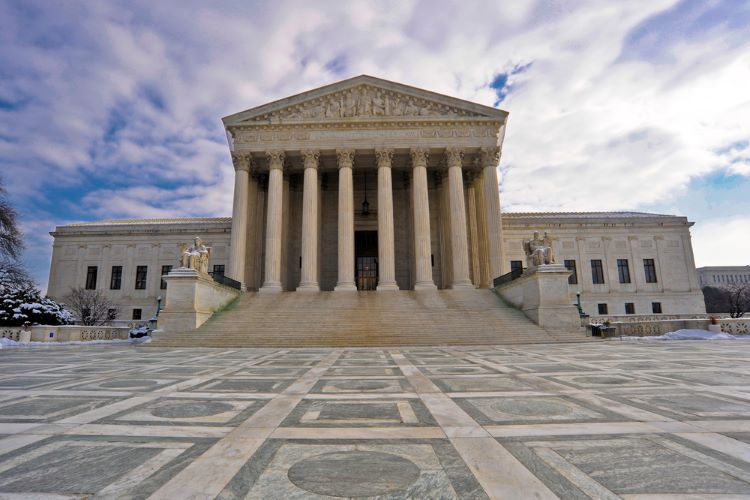Want to expand access to justice? Offer tiered training and differing practice licenses, profs say

Shutterstock
Corrected: Civil legal assistance is elusive for low-income and even middle-class individuals. Eighty percent of low-income people in the United States can’t afford civil legal assistance, according to a Washington Post op-ed by two law professors. Meanwhile, 40 to 60 percent of the middle class have unmet legal needs.
The legal profession and law schools need to change to fix the problem, according to the piece by University of Cincinnati law and medicine professor Jennifer S. Bard and St. John’s University School of Law vice dean Larry Cunningham.
First, the legal profession needs to acknowledge that licensed lawyers aren’t needed for every legal task, they write.
“Instead, we need to adopt a tiered system of legal-services delivery that allows for lower barriers to entry,” they say. “Just as a pharmacist can administer vaccines and a nurse practitioner can be on the front line of diagnosing and treating ailments, we should have legal practitioners who can also exercise independent judgment within the scope of their training.”
Authorizing more types of legal practitioners requires a change in legal education, according to the piece. Qualifying exams would also have to be developed.
“As currently formulated,” Bard and Cunningham write, “the bar exam assumes three years of classroom-based training and is focused on very small doctrinal distinctions in areas in which most lawyers will never see a single client. It’s not a bad thing for every law school graduate to be equally prepared to represent a criminal on death row, draft a will or negotiate a public offering of securities, but is it necessary or cost-effective?”
Hat tip to Bloomberg Big Law Business.
See also:
ABA Journal: “Despite kinks in program, nonlawyers successfully providing some legal services in Washington state”
Corrected at 10:50 a.m. to report that 80 percent of low-income people in the United States can’t afford civil legal assistance.



